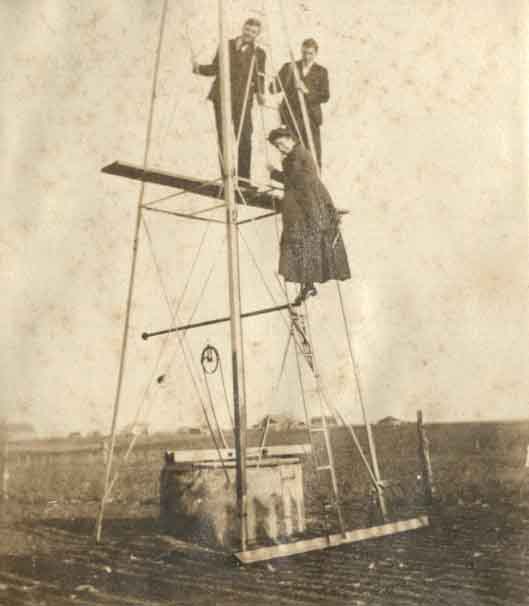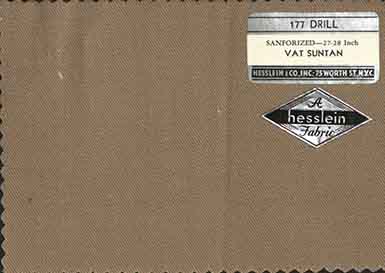By Sylvia Hernandez, Archivist
As Baylor, Waco, and the Surrounding communities move to a shelter in place, The Texas Collection will continue serving our patrons via email at: txcoll@baylor.edu. Responses may take more time than usual, but we ask that you continue asking questions and learning the stories of our friends and neighbors of Texas past.
While our own lives are upended and we try to make some sense of the current situation, might I encourage you tell your own story. Whether that is digitally or manually, this documentation will help others understand they are not alone. Just as much as time changes, it also stands still.
Over 100 years ago the Spanish Flu impacted the world over as much as Covid-19. This epidemic is most readily documented at The Texas Collection in our Camp MacArthur Infirmary Ledger from 1918. Medical records are valuable resources, but they do not tell the entire story. They lack the depth of human experience.
At this time several members of The Texas Collection Staff have turned to documenting their own stories through journaling. Many others in the world have turned to social media for immediate impact. Historically letters, diaries, and photographs have also been kept as records of emotion and experience.
For some, there may be the question: What would I possibly record? Why would anyone care? Does it have to be spelled right or done professionally? Questions are the best place to start. Ask yourself as well as those around you.
Start with your feelings. Are you anxious? Tired? Scared? Are you close by your family or have you been separated? Is there someone you wish was with you? What about your pets or children? How has your regular schedule changed? Did you create a daily routine to follow?
Interview your family members. Ask how they feel. What do they think about not being in school? Do they miss their friends? Are they missing birthdays or vacation? What was the closest experience they have had to this before? Consider how a person’s age or stage of life might influence their answer. How have you been impacted? What are you learning now that you could implement later?
Many of these questions are just starting points for what is hiding within. We all have a story to tell, but there are many ways to tell them. Draw, paint, sew, take photographs, write a book, make a movie. One day someone will find it and want to know more, even you might want to revisit this time five years from now.
Whatever you do, create.





